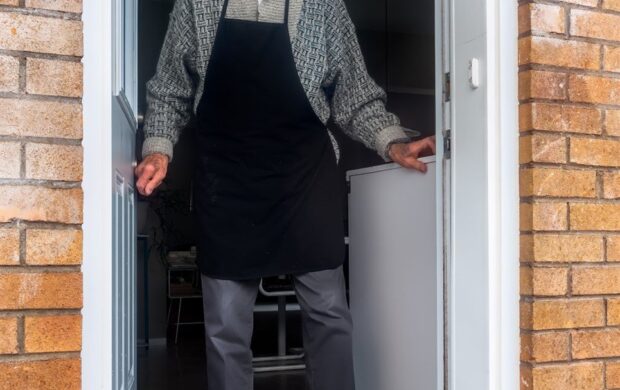Co-living – a form of intentional community where like-minded people share living space and amenities – is commonly seen as a temporary fix for students and young professionals trying to cut living expenses in big cities. However, with 15 million single-mother families in the US alone (among which 30% live in poverty), the past few years have witnessed an upsurge in single mothers entering this market and opting to live together in so-called ‘mommunes’. Growing demand has led to the flourishing of online platforms, such as Roommates with Kids, ShareAbode and CoAbode – often founded by single mum entrepreneurs themselves.

The central idea of a ‘mommune’ is the pooling of domestic and childcare-related resources such that the economic burdens of single parenthood are lessened. According to Child Care Aware of America, childcare costs can eat up 37% of a single parent’s household income. These costs are compounded by a general lack of affordable housing in urban centres, particularly in strong school districts, as well as discrimination from weary landlords and housemates. Mommunes afford parents more downtime by splitting chores, finances and babysitting duties, and their day-to-day lives are enriched to the benefit of their children.












